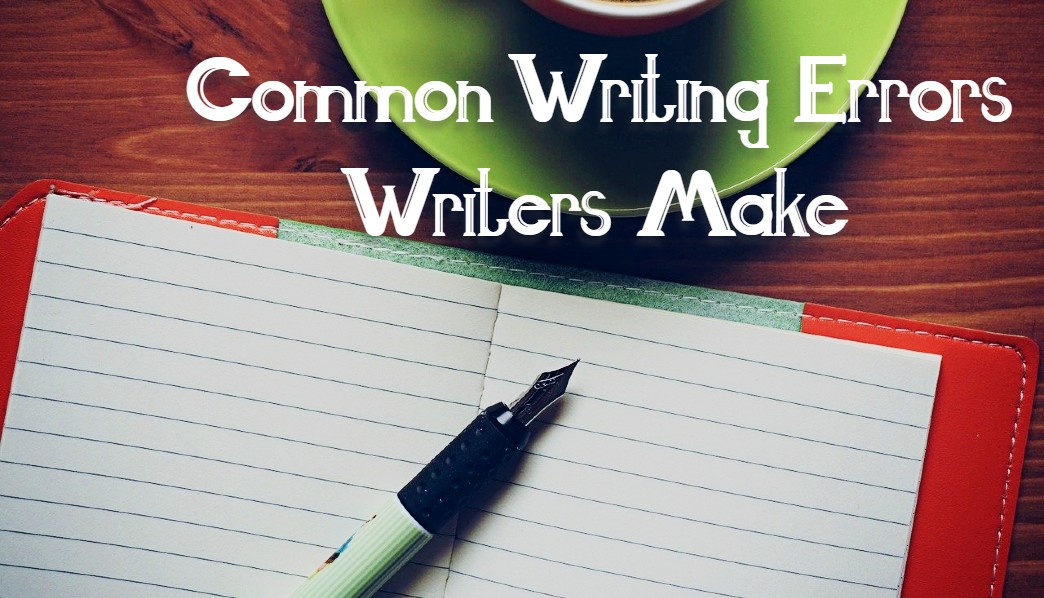One of the most successful businessmen once says ‘the best way to learn is not to learn from the people’s success but to learn from their mistakes’. Likewise, as writers, learning the ropes about the common writing mistakes saves us from the pitfalls experienced beforehand by authors. Take a look at these brief points and see if you’re guilty of any.
Telling instead of showing
The show, don’t tell is a common rule among writers but is still prevalent among many. Some authors are prone to narrating what happens to a scene instead of showing its readers what the situation looked like through the characters’ perspective, action, dialogue, and descriptions. Rather than telling readers the character’s emotion, it works best when the writer describes the characters’ actions that convey emotion. That way, you’re inviting readers to experience the emotion, not only to identify the feeling otherwise.
Predictable plot
Writers are usually inclined to writing common tropes or anything in trend to readers nowadays. Perhaps, it is understandable since some write a book to market it. However, this runs the risk of predictability or simply run into a plot that lacks the element of surprise. You can always get ideas from the current trends and use them to subvert what your readers anticipate—something fresh or something like a plot they’ve never encountered before. Get creative.
Overused opening narratives
Your first few sentences are the hook that makes readers want to read on. But if you open your first chapter with a weak opening narrative like the weather, a famous opener of once-upon-a-time, or even a dragging backstory at the beginning, it detracts the readers’ interest to move forward with the story since you’re instilling a bad image of predictability. See to it that you read your plot from your readers’ perspective. What would make me want to move forward with this story?
Needless descriptions
There’s a distinction between describing to show an action and over-describing a scene or action with excessive details. You can confuse it as showing a scene to your readers and consuming an entire page when you’re over-describing an action that would’ve been simplified in three words.
These are only a few of the common errors that even best-selling authors are guilty of. So there’s no mistake if you’re guilty of any. That only shows that you’re doing something. When it comes to writing, mistakes are inevitable. After all, success is not made of bricks of continuous success but a series of mistakes you’ve learned from.

